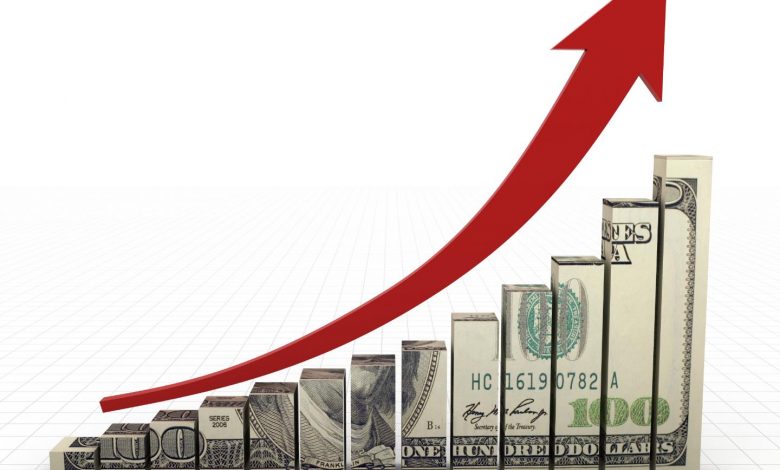Time Bomb – Inflation can have Devastating Consequences

Economies and stock markets around the world have benefited from low inflation and low interest rates in recent years. But Deutsche Bank is now warning of “devastating” consequences and a “time bomb” if inflation rises permanently.
Good times are sometimes only recognized in retrospect, when something has changed to the worse. Such an experience could now also threaten the global economy, warns the Deutsche Bank research team.
In a new study, the experts led by chief economist David Folkerts-Landau warn of a permanent return of inflation and a greatly changed macroeconomic environment as a result. “We are concerned that the painful lessons of an inflationary past are being ignored by central bankers,” writes the DB research team. After all, few people remember the high inflation of several decades ago.
Above all, the central banks’ view that the current rise in inflation is largely temporary and can therefore be ignored in monetary policy is highly dangerous, it says. While it is admirable that central banks are increasingly taking social criteria into account in their decisions, at the same time ignoring inflationary pressures means that the global economy is sitting on a “time bomb”.
Recently, the inflation rate has already risen significantly, in the USA even to 4.2 percent. But the central banks want to “see through” the latest surge in inflation because they believe it is only temporary and because the inflation rate had previously been below the two percent targeted by most central banks for a long time.

Above all, the measures taken by governments and central banks to combat the Corona pandemic are boosting inflation. “Never before have we seen such coordinated expansionary fiscal and monetary policies,” write Deutsche Bank experts. Recent stimulus measures by governments have reached “extraordinary” proportions, they say. In addition to the emphasized ultra-loose monetary and fiscal policies of central banks and governments, Deutsche Bank believes longer-lasting trends are also supporting a return of inflation, such as an aging society and declining globalization.
If central banks are forced to respond to inflation at some point, they will find themselves in a difficult, if not untenable, position, Deutsche Bank experts fear. After all, if central banks respond to rising inflation only belatedly by raising interest rates, they will have to act all the more forcefully in order not to lose control.
But sharply rising interest rates could mean problems for highly indebted companies and states that have so far been able to keep themselves afloat with cheap money from central banks. At the same time, central banks will have to fight the impression, now sometimes fostered, that higher inflation is a small price to pay if social goals such as full employment can be achieved in return. So even if inflation picks up, social pressure on central banks to keep interest rates low could be high.
Low, stable inflation and historically low interest rates have been the glue that has held macro policy together for the past three decades. If this begins to unravel in the next year or two, as we expect, policymakers face the most difficult years since the Volcker/Reagan period in the 1980s.
DepthTrade Outlook
To combat high inflation, the U.S. Federal Reserve briefly raised the key interest rate as high as 20 percent in the early 1980s. But such an environment would probably be nothing but pure poison for the high valuations on the stock markets this time.
